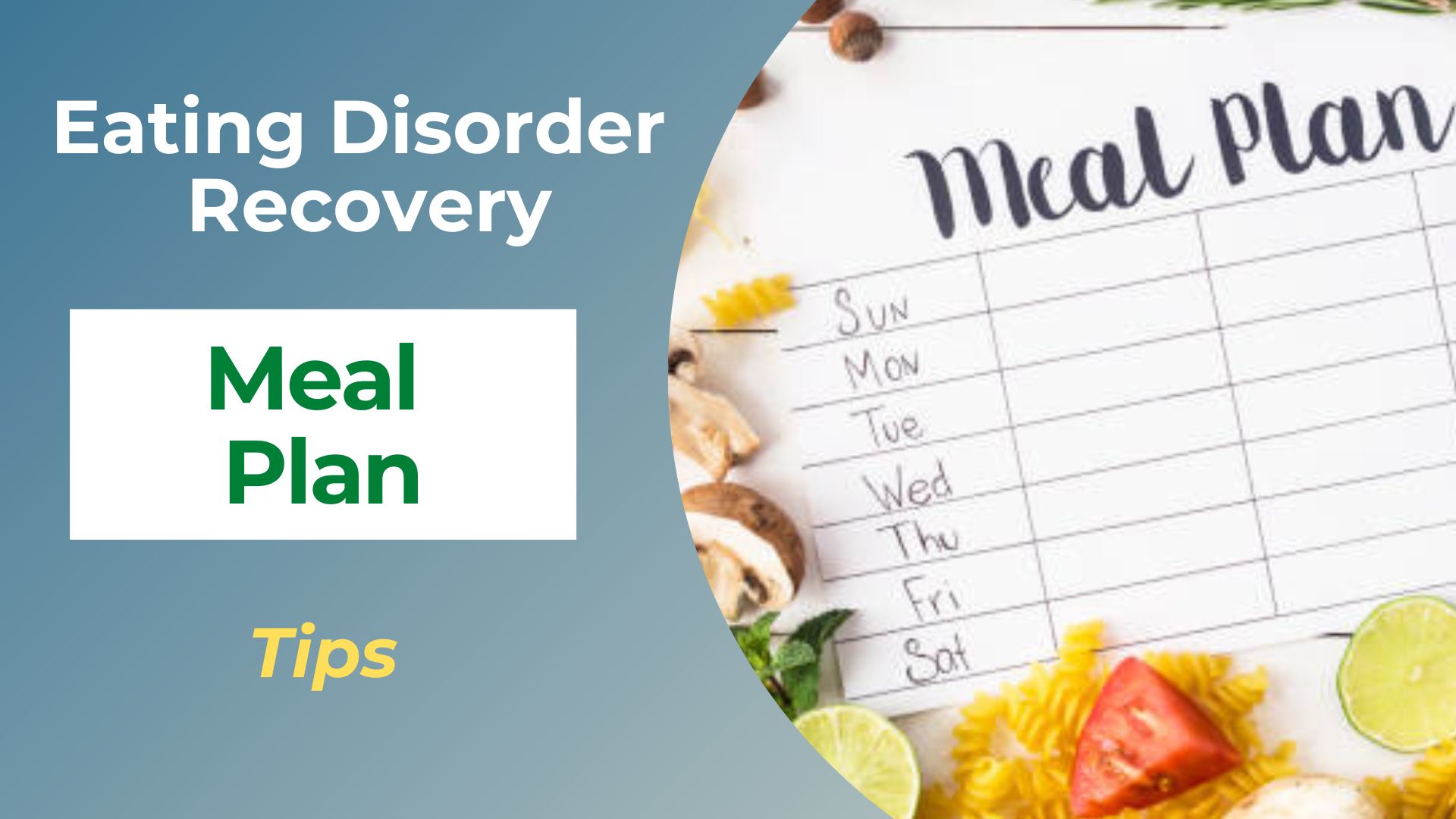Eating disorders are believed to be the consequence of the distorted vision of the body and general dissatisfaction with body weight and appearance.
Being disgusted by your own body leads to an unbalanced diet, an unhealthy relationship with food, and disturbed food-related habits.
An eating disorder is a pretty complex and continuous problem. Most people who suffer from eating disorders begin with accidental or purposeful weight loss. This leads to harmful measures to maintain this loss.
Such disorders are primarily spread among preteens and adolescents because of emotional and physical changes and school, university, family-related, or other issues during this period. Body rejection is a common issue in this age, resulting in anorexia, bulimia, or overeating.
In most cases, it starts because of bullying about appearance. Whether it happens as a part of upbringing advice from parents or in the case of severe peer harassment, shame is an influential factor in developing an eating disorder.
Even if not bullied, straightforward discussion of the body in a negative context or in a harmful way often leads to disorders. So, how do you eat when you have an eating disorder?
Types of Eating Disorders
An eating disorder is usually defined as an obsessive desire to lose weight or an intense fear of gaining weight. Disorders of this nature, the most common among adolescents, are anorexia, bulimia, and overeating in general. But even teens who do not meet all of the clinical criteria for the disorder may be at severe risk and should seek medical attention.
Anorexia
Anorexia arises due to generally accepted ideas about the perfect, slender beauty. This can also get complicated by individual psychological characteristics.
The most common view of the causes of anorexia is a teenager experiences vast difficulties associated with the transformation into an adult and the changes in his or her body. He or she seeks to delay this process by refusing regular eating.
Adolescents with anorexia may resort to extreme measures to avoid food and control the amount and composition of the foods they eat. Teens with anorexia may become bony and still want to lose extra weight. They continue to follow the diet because they have a distorted view of their body image.
Bulimia
Bulimia is an eating disorder expressed in sudden bouts of a ravenous appetite followed by cleansing, getting rid of the eaten by inducing vomiting. In a short period of time, people with this issue may swallow a massive amount of food.
However, they realize that they act without control but as if under duress. Attacks can last from several minutes to many hours. In most cases, they are not associated with real hunger but with a feeling of emptiness, fear, or depression.
Overeating
Overeating is characterized by uncontrolled eating accompanied by feelings of shame and guilt. Unlike bulimic teens, binge eaters usually don’t fast to the same degree. However, restriction is present in bingeing too. Read here more info about binge eating.
Overeating teenagers are typically overweight. They feel like they can’t control their behavior. When the problem becomes visible, they try to hide when having a meal to avoid disapproval.
Anorexic Eating Schedule
To overcome an eating disorder, one should determine the reasons that led to weight loss. Start with scheduling a meeting with a psychologist. The specialist can teach how to eat normally from the brain’s point of view, not the stomach.
The next step is to create an adequate meal plan to start eating again – do this with a doctor or do your own research. But be sure to trust only authorized resources: academic essays about eating disorder, famous doctors’ blogs, official medical websites, etc. The number of qualitative essay samples related to eating disorders will definitely surprise you.
Remember that strict dietary restrictions provoke violations of the diet.
With anorexia, consider learning how to create a balanced, high-calorie diet. Try to insert complex foods step-by-step not to overload the digestive system.
So, the diet should be fractional and frequent. Decide the exact time to have meals, plan in advance what you are going to eat, what needs to be cooked, etc. This will prevent a patient from finding excuses for not having a meal.
Consider this list of main product groups to choose from:
- Vegetables – fresh or cooked should always take part of your daily ration,
- Grains – consider cereals, grain bread, healthy grain cookies.
- Meat – provides protein, choose favorite kind of meat and way of cooking it but do not start your diet with these products, as they are considered to be heavy.
- Dairy – milk, cheese, cottage cheese are the products to give you needed calories and energy but are considered to be heavy too.
- Fats – oils and dressings based on vegetable oils can make meals more consistent.
Bulimia and Overeating: eating disorder recovery meal plan
Bulimia as well as overeating have extensive symptoms and require intricate treatment. Start with finding an additional resource of energy, which will allow you not to depend on food: sports, arts, or any other hobby.
Start every day with a good breakfast. Choose cereals with milk or any products that contain protein. Morning meal is the first step to normalize metabolic processes, improve digestion, and get rid of bulimia.
A good breakfast will prevent one from overeating and can generally improve the psychological state.
The diet should also be fractional. This approach avoids a false feeling of hunger and makes the body get used to regular eating. The meal should be varied and include all the necessary components (proteins, fats, carbohydrates, fiber, sugars, vitamins). It is best to try to eat a new dish every day.
Try to see a specialist right when you assume something is wrong with an eating schedule, weight, or psychological attitude to food. Prevention can help avoid serious problems with the organism later.



